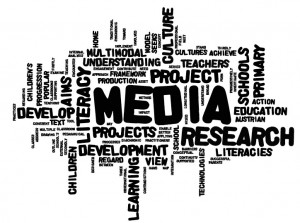 I recently spoke at a panel at NYU’s “Making It In Media” lunch panel and discussion series, which prompted a personal reflection of my non-conventional, non-linear career trajectory as a writer and a media activist.
I recently spoke at a panel at NYU’s “Making It In Media” lunch panel and discussion series, which prompted a personal reflection of my non-conventional, non-linear career trajectory as a writer and a media activist.
Read “Making It In Media, Accidentally: One Queer African Writer’s Journey to Paradise” if you’d like some background.
In that post, I talked about the importance of leading from within, knowing yourself enough to carve a career path for yourself that’s beautifully unconventional. However, in addition to sharing my personal story and philosophy, I wanted to share a few tangible new media tips, tricks, and strategies that have been helpful to me in  my career so far. (Note: Join my mailing list if you’re interested in more of these.)
These tips don’t hold all the answers to “Making It In Media”, not by a stretch. But I do believe they will be helpful to anyone who’s just getting started with social media, would like to learn how to be use it more strategically, or even serve as a good refresher for someone who’s been tweeting and blogging for years.
At the core of my message is, of course, my mantra: “Love Is My Revolution”; my work serves to support and uplift others, and so I write and share from this place, always. But, also intrinsic in my message about using media for change is another simple idea: no matter how much technology we use, people are still people.
Thus, in order to achieve real influence, you’re going to have to apply the normal rules of effective communication, whether or not you’re tweeting from a smartphone, updating Facebook  via iPad, or publishing an op-ed for the HuffingtonPost. Because in order to achieve real influence, truly connect with others online, you’re going to have to dare to be human.
So, here are 10 Tips for Making it In Media, from a passionate, introverted writer who strongly believes in the power of using social media for social change, including being human enough to intermittently tweet about your cats, courageous enough to stand for what you do know, and brave enough to admit when you don’t know nearly enough about a whole lot of things:
1. Take a Position: So, you wanna be a thought leader… Well, the good news is that the digital space is filled with followers, spectators, and consumers, all passively experiencing the web. Consider this: A few studies have shown that in most online communities, 90% of the users are lurkers (i.e. they never contribute/just read and consume), 9% contribute a little, and 1% account for nearly all the action. This is VERY good news for anyone who has something important to say– the odds are already in your favor. Tap into the power of being in the 1%. The 90% are eagerly waiting for you to say something.
2. Engage in (Dis)agreement: I once dated a woman who would make outlandish statements, and then, when I would counter or challenge, would say to me, “I don’t need to defend my ideas to you.” I found that alarming, and then (with my activist hat on) really scary. To think that there are so many people moving through the world carrying the same ideas in their heads they’ve had since they were four! Why? Because they don’t enjoy confrontation. But (respectful) disagreement, though uncomfortable for some, is actually very healthy; it forces us to re-think our initial ideas, and–through debate with others—strengthen our arguments, or can them altogether. If you’re going to take a position (as in step one), be prepared to see it through. Find people who disagree (and agree) with you, too. You can change the world, one debate at a time.
3. Choose Your Battles: So, I know I just said that debate and dialogue are good, but unfortunately–and just as in real life–they’re all not worthwhile. Use your airtime wisely. Before you engage, especially in disagreement, consider the level of influence or visibility of the person you’re debating, and the number of people watching. Don’t waste your airtime, for instance, on a Twitter troll (no pic, virtually no followers, but lots of venom/animosity) who’s just looking for a fight, someone to bully. Avoid back and forths with hecklers who have little to no influence (this is subjective, so you can assess for yourself). The way I see it, if I’m going to spend time investing in an online conversation, a whole lot of people better be watching, and possibly being swayed… ’cause again I write for influence, for change. That is always worth it.
4. Participate in Pertinent Conversations: Now, the first three tips assume you got on a soapbox one day and people started listening to you, asking you questions, agreeing or disagreeing. This assumes you already have a base network. But what if you’re just getting started? It doesn’t matter how brilliant you are. If you’re not sharing your ideas with others, you’re basically talking to yourself. Ever seen someone standing in the middle of a networking event spouting off every other minute about how much they know? Weird (and obnoxious); you’ll most likely be ignored. If that happens, how will anyone know that you could possibly hold the key to curing cancer? How can you get people to listen to you? Well, for starters, get off the soapbox and find a conversation that’s already happening;Â introduce yourself, chime in, contribute intelligently, let your brilliance speak for itself. You’ll find that people are more likely to engage in conversation than voluntarily sign up for (your) lecture. Use that to your advantage. And remember to always leave people with a way to get in touch with you if they want!
5. Niche Your Knowledge: Be consistent. I’m not saying you should sound like a robot, just focus. If you can, choose a niche. It’ll make it easier for people to remember why they need to stay connected with you, and when they should recommend you to someone else (e.g. “You’re writing a paper about feminism in Atlanta, I know an amazing blogger who writes about that stuff!”). Â Additionally, niche-ing yourself will also help you in determining how, where, and with whom to spend your time. Some experts call this platform-building. Check it out. Dan is awesome. And his newsletter got me to stop intermittently tweeting about my cats amidst political calls to action (well, mostly).
6. Specialize, But Stand Out: So you’ve been smart about engaging in conversations related to your field of expertise, nurturing a larger, yet more focused platform to showcase your brilliance. Bravo! But now, you have a different task to conquer — distinguishing yourself from the hundreds of other self-proclaimed gurus in your field. Now that people know you’re the go-to person, say for cute cat photos feminism in Liberia, now what? What separates you from that other feminist who write about Liberia? Why would an audience choose to stay connected to you? What’s in it for them? This line of questioning may sound cynical, but the truth is that everyone wants something. You want followers, fans, and influence. What do you think your followers want from you? If you can find a way to convey nuance to your audience, you’ll get more attention. Better yet, if you can find a way to offer something of value to them, say *cough* a list of tips for Making It In Media, you’re more likely to earn their loyalty (and prove that you may actually know what you’re talking about). For example, there are hundreds of progressive/feminist blogs on the internet that tend to all say the same exact thing; I’ve managed to create a niche for myself that allows me to write about a range of issues because my brand isn’t tied to what I write about, but how I write about them. Ask, Melissa Hill Perry — she digs my principles of afrofeminism (win!).  So find out what makes you unique, even within your niche. Create value, and earn loyalty.
7. Quality over Quantity: When I first started publishing my writing online, I couldn’t imagine how bloggers could find the time or energy to crank out post after post after post, while I would slave away for days, sometimes weeks over a single piece. So, at first, I tried to “keep up” by publishing more frequently, which only resulted in my publishing more crap; I actually lost readership. See, in an effort to emulate other bloggers, Â I’d begun writing about whatever I thought was “the thing” to write about; my pieces lacked focus, passion, depth, and didn’t help build my reputation. In fact, they distorted it. The minute I returned to writing the longer, personal, insightful commentary I was known for, my readership began to grow again. Moreover, publishing less frequently (but more regularly) meant that I could spend more time in between deadlines promoting each piece. I came to deeply appreciate my work as critical, thorough, and creative; eventually, the loyalty of my readers affirmed that my words are worth the wait. The lesson here: People may visit your site once for a blog post, but it’s the quality that will keep the same readers coming back, repeatedly.
8. Collaborate with Others: It’s no secret: self-absorption is quite prevalent in media spaces. So many people are trying so hard to “make it” they’ve forgotten that we’re all part of a larger ecosystem. Now, before you dismiss this as a “feel good” tip, remember tip #4; if you think engaging with other people in your space could be beneficial, consider the power of collaborating with them. Incidentally, Tyler Perry and Oprah — two highly successful and influential black media mavens — just decided to work together. What do they stand to gain? Combined clout, for one.It can’t hurt to pool their resources either; the entertainment industry is still systemically racist after all.
9: Connect and Support Others: But what about this idea of linking people to resources? Highlighting other people’s work just because? According to Malcolm Gladwell’s The Tipping Point, being a “Connector” has its rewards as well; if you’re genuinely helpful to others i.e. connect people to resources they need, people will appreciate you, perhaps come to rely on you, trust you, like you, and as a direct result, stay highly engaged and be eager to give you support when you need it. I saw this first-hand when my online fundraising campaign for Africans for Africa raised ~$15K; so many people donated money, connected me to resources I needed because they were eager to return the favor (some I couldn’t even remember doing!). I make it a point to list other blogs I read in my sidebar, mention other activists and organizations doing work similar to mine whenever I’m interviewed, and actively mentor young people. There’s value in connecting and supporting others. So don’t become just another self-serving loudspeaker. Give and you shall receive.
10. Be Purposeful: I haven’t necessarily put these tips in order, but if I had to think of the top three, this would certainly be one of them. Before I publish anything, speak anywhere, respond to any criticism, I ask myself three questions: “Who am I talking to?†“What is the most effective way I can deliver this message to them?†“What do I want to happen as a result of their listening?†Now, if you wanna write  or speak or be on TV etc just for the sake of being famous, then perhaps this won’t matter. If you run your blog like your personal diary, that too won’t matter. But, if you’re a bit like me, and you want to write for change i.e. you want to engage in transformational conversations with groups of people, then you must always consider these questions before you produce anything. I wouldn’t write about homophobia to a group of US college soccer players the way I would to an audience of religious African women, nor would I begin a conversation with harsh criticisms of views I don’t agree with if I really wanted them to see where I was coming from. Be purposeful in your use of media; know who you are and what you want to get out of it. And it’ll be a lot easier to navigate through the noise from feedback later.
A Word to the Wise: Practice Principled Apathy (aka Don’t Take It Personally)
This is an extra point, I know. But I simply couldn’t end without stressing this. The thing about taking a position is that you submit yourself (plus your ideas, and sometimes, even your character) to feedback and scrutiny by the 90%, spectators whose job it is in this system to validate or invalidate your position (See point #1). Simply put, you must be ready to deal with criticism, both good and bad.
Ghandi said, “First they ignore you, then they laugh at you, then they fight you, then you win.â€
I have found that spending time reflecting on point #10 — leaves me better prepared to engage with comments and feedback, whether positive or negative, afterwards. When I know why I’m writing, and who I’m writing to, it’s a lot easier for me to choose who to engage with (and how) in the event of backlash. When I think about all the people I look up to, it’s easy to see that they all stood for something, and paid for it in mass criticism. That’s why it’s important to remember the why behind your use of media. If you keep your purpose — which is to help people — at the back of your mind, there’s no storm you won’t be able to weather.

And so I close with some wisdom from Spiderman, with a twist:Â With great influence comes a greater need for principled apathy.
You must learn to weed through the rubble for the nuggets that will either help you strengthen your message or nudge you further along the right track towards justice.
Well, there you have it! 10 Tips for Using Social Media for Social Change, after a Making It In Media, Accidentally.
Reminder: I wrote most of these tips from my experience as a writer who blogs, and uses her online social media channels for social justice, so the tips here may not be applicable to other media platforms. Hence, I encourage you to add to or adapt this list for your own purposes. You may also view what others have offered via the #howtomakeitinmedia Twitter chat archive on Storify. (Link coming soon).
Thanks for reading. I hope these get you started off in the right direction.
It would be great to hear from you, especially if you found it helpful, to encourage me to keep on sharing :)Â Which tips above do you often apply to your work? What other tips would you recommend to others — new and experienced — who are interested in more strategic use of media platforms for social justice? I often write these things and am never quite sure who’s reading them.Â
One Love.
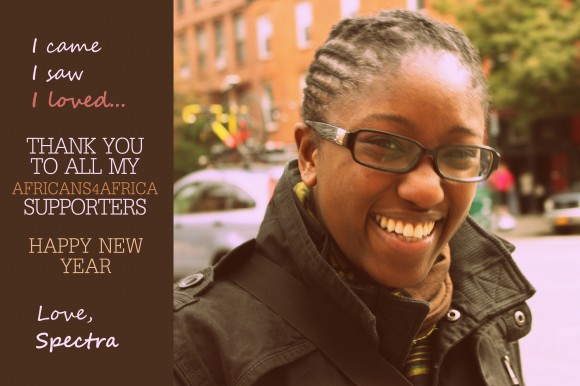
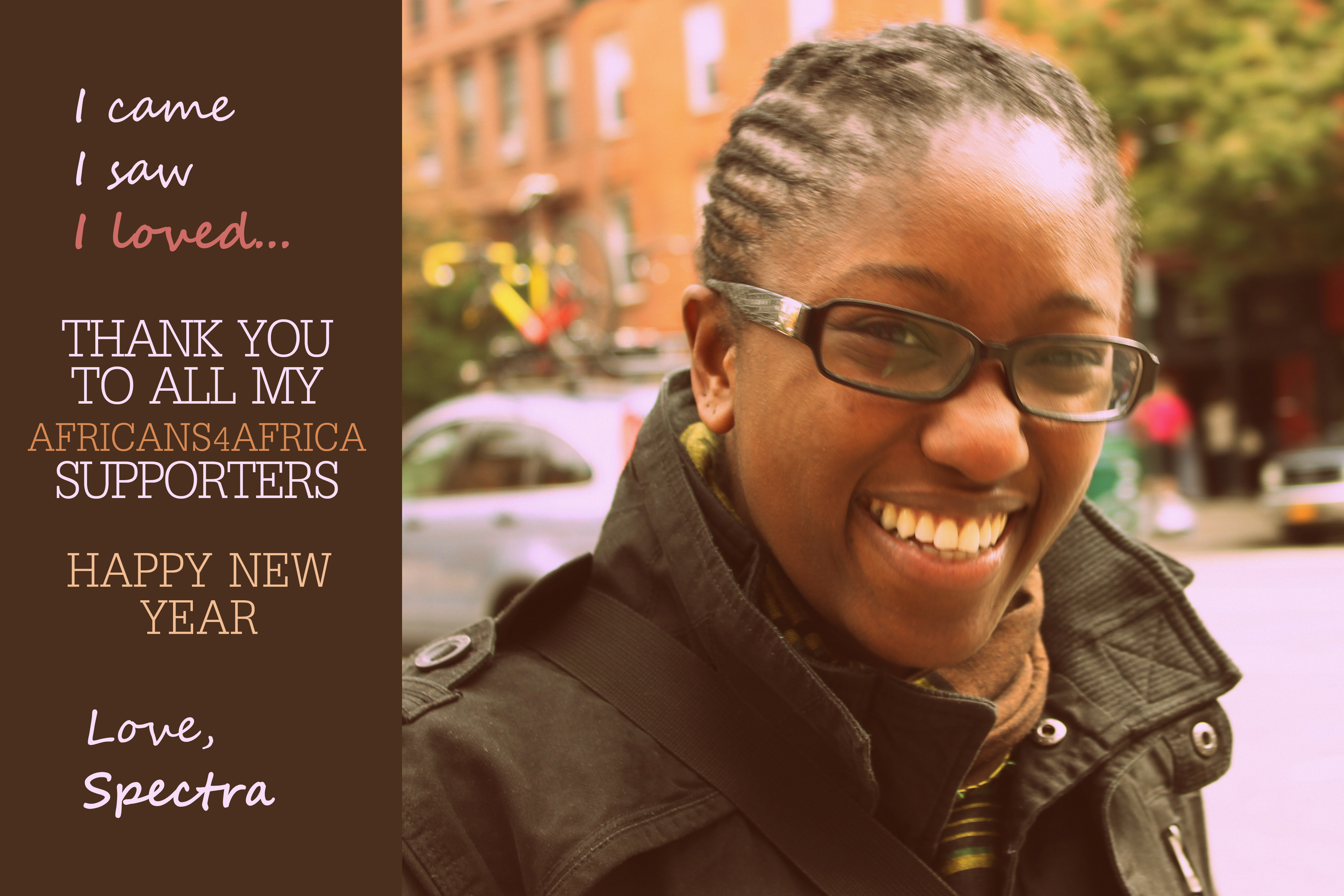

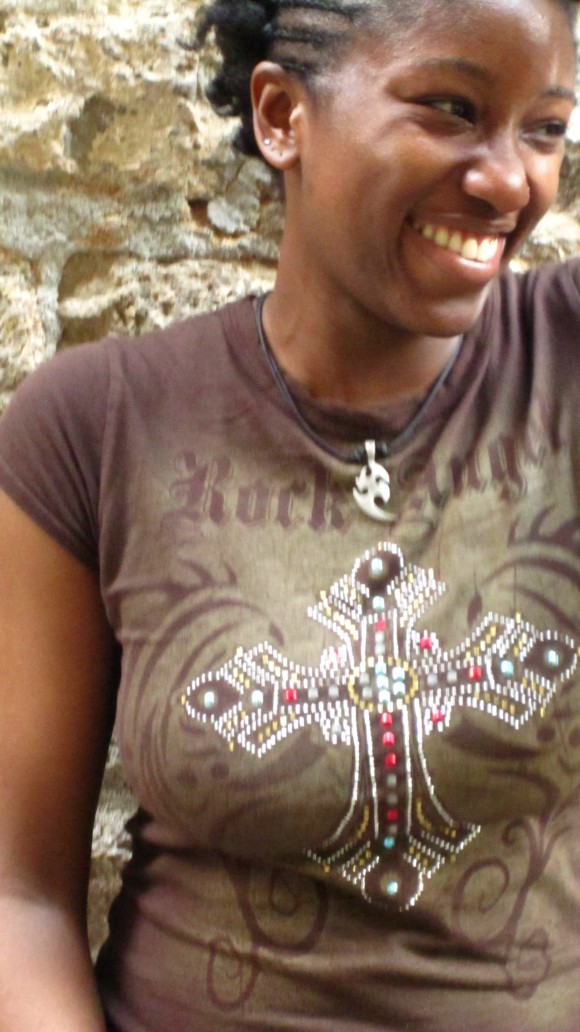
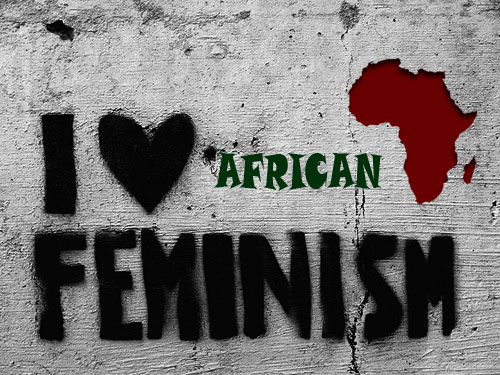
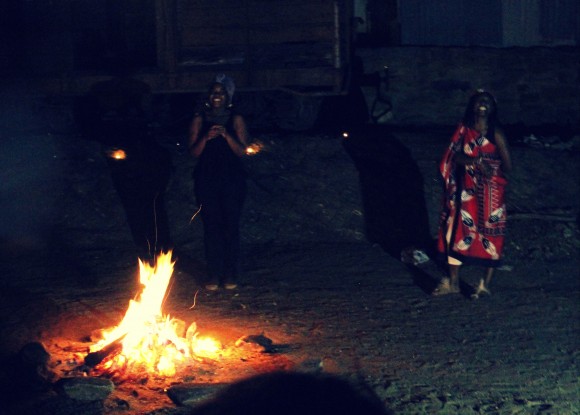 Y-Fem’s mission is to nurture the next generation of feminist leadership. Pow! These inspiring young women I was privileged to spend two weeks with in Namibia describe themselves as “an organization that creates space for passionate, stylish, and fashionable young Namibian women and allies.” Ooh la la — sign me up! This is exactly what we need — an organization that isn’t afraid to make feminism cool, fashionable. During my sessions with them, it came up, over and over again, that they were committed to making sure Y-Fem appealed to the ‘every day’ girl, not just women’s and gender studies major. Incidentally, I got to help them prepare for their first major event, which was an informal social gathering intended to create an awareness of feminist and women’s issues through the use of poetry by both established and aspiring poets. They pulled that event off like pros; I arrived mid-way through it to find 40+ people gathered around a blazing fire as a woman chanted and sang about her love for African women. Namibia’s women’s movement is in good hands if Y-Fem has anything to say about it.Â
Y-Fem’s mission is to nurture the next generation of feminist leadership. Pow! These inspiring young women I was privileged to spend two weeks with in Namibia describe themselves as “an organization that creates space for passionate, stylish, and fashionable young Namibian women and allies.” Ooh la la — sign me up! This is exactly what we need — an organization that isn’t afraid to make feminism cool, fashionable. During my sessions with them, it came up, over and over again, that they were committed to making sure Y-Fem appealed to the ‘every day’ girl, not just women’s and gender studies major. Incidentally, I got to help them prepare for their first major event, which was an informal social gathering intended to create an awareness of feminist and women’s issues through the use of poetry by both established and aspiring poets. They pulled that event off like pros; I arrived mid-way through it to find 40+ people gathered around a blazing fire as a woman chanted and sang about her love for African women. Namibia’s women’s movement is in good hands if Y-Fem has anything to say about it. 
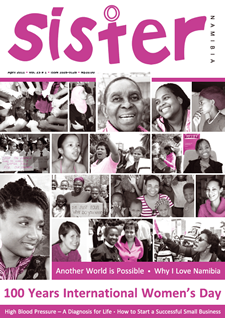


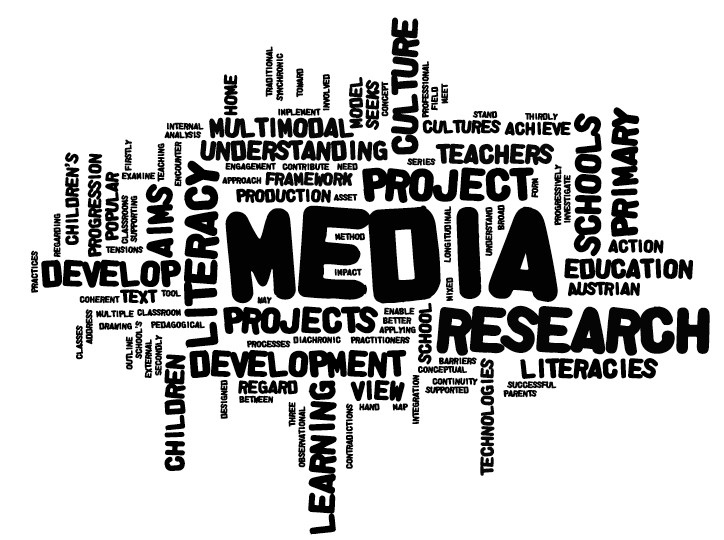
 I recently spoke at a panel at NYU’s “Making It In Media” lunch panel and discussion series, which prompted a personal reflection of my non-conventional, non-linear career trajectory as a writer and a media activist.
I recently spoke at a panel at NYU’s “Making It In Media” lunch panel and discussion series, which prompted a personal reflection of my non-conventional, non-linear career trajectory as a writer and a media activist.